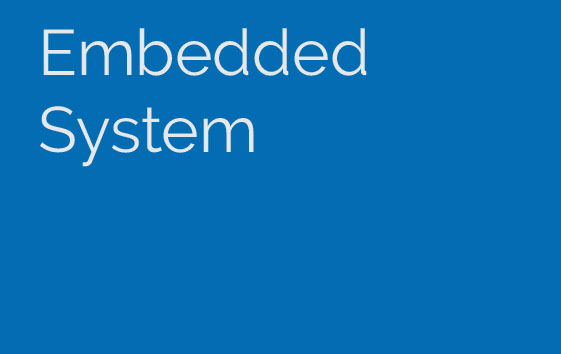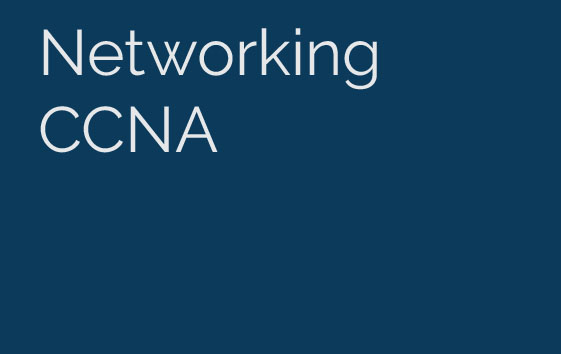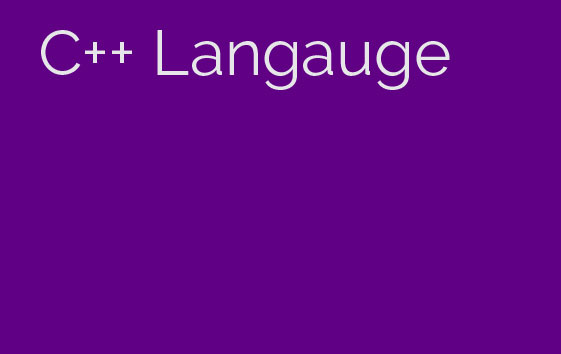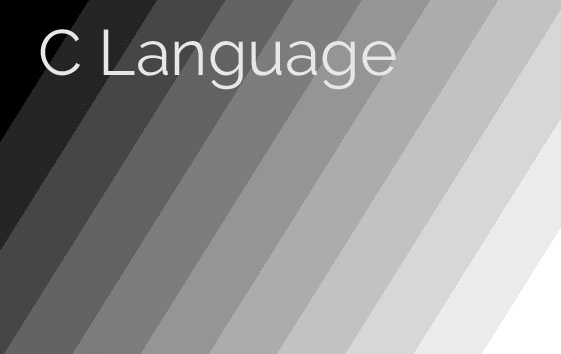Embedded System >>
Embedded systems are involved in almost every facet of modern life. All modern luxury equipments like Digital Cameras, Mobile Phones, GPS Devices, Cars, Bikes, Televisions, DVD Players, Video Games, Pagers, PDAs, Answering Machines, Microwave Ovens, Network Routers, Fax Machines, Music Synthesizers, Planes, Spacecraft, and Boats are some of the examples of Embedded Systems.
Late model cars may contain as many as 65 embedded microprocessors, controlling such tasks as Antilock braking, climate control, engine control, audio system control, airbag deployment etc.
Logic analyzers and digital storage oscilloscopes utilize embedded processors to support real-time operation. Even PCs, which are designed around powerful CPU such as the Intel Pentium 4, contain embedded systems. Floppy and hard disk drives, CD-RW and DVD-ROM drives, and external peripherals such as printers, scanners, and other SCSI, USB, or IEEE 1394 devices all contain embedded processors.
In a particular year, microprocessor manufacturers sold on the order of 100 million processors for use as computer CPUs. In comparison, during the same time frame, microprocessor manufacturers sold more than 3 billion embedded processors, primarily consisting of 32-bit, 16-bit, 8-bit, and 4-bit devices.
The tremendous number of applications for embedded computing has given rise to high demand for engineers with experience in designing and implementing embedded systems.
Before going through Embedded System live project training candidate should have knowledge of given concepts listed below:
- Basic Knowledge of Hardware
- Microcontroller and microprocessor Architecture
- Assembly language Programming
- Microprocessor peripherals
- Digital Design
- C programming
- Electronics Design
- Computer Organization
- Compilers, Assemblers, Linkers, Operating Systems
- Analog Design
What will u Become
- Chip Enginear
- Assembly Language Developer
- Embedded System Expert
Embedded System course can be completed within 3 to 4 month with practical and theoretical knowledge.
Course Software Requirements
- Keil Embedded Development Tools
- Nucleus RTOS
- Sourcery Analyzer Design Analysis Solution
Before going through this course candidate can also refer these below websites link for this course:
Eligibility:
- Professionals interested in exploring Embedded systems
- Bachelor Degree Candidates
- Engineering students
- Advance Learners
- Overview of Processors & Microcontrollers
- Memory (RAM, ROM, EPROM, EEPROM, FLASH)
- I/O Interfaces
- Host & Target Development environment
- Cross Compilers
- Downloading Techniques
- Architecture
- Addressing modes
- Instruction Set
- Assembly and C Language Programming
- Architecture
- Addressing modes
- Instruction Set
- C Language Programming
- Architecture
- Addressing modes
- Instruction Set
- C Language Programming
- Architecture
- Addressing modes
- Instruction Set
- C Language Programming
- Floor Planning and Placement
- Routing Connections
- Auto Routing
- High Speed Constraints
- Design Verification
- Generating Reports
- Printing and Plotting the Design
- Generating Manufacturing Files
- Data types and Constants
- Simple & Formatted I/O
- Memory Usage
- Operators & Expressions
- Flow Control
- Loops
- Role of Functions
- Pass by value / reference
- Returning values from Functions
- Recursive Functions
- Call Back Functions
- Implications on Stack
- Library Vs User defined function
- Passing variable number of arguments
- Defining, initializing and using arrays
- Multi Dimensional Arrays
- Arrays of Characters and Strings
- Arrays and Pointers
- Passing arrays to functions
- String handling with and without library functions
- Scope and Life
- Automatic, Static, External, Register
- Memory(CPU / RAM)
- What structures are for
- Declaration, initialization
- Accessing like objects
- Nested Structures
- Array of Structures
- Passing structures through functions
- Allocation of memory and holes
- Structure Comparison
- Structure bit operation
- Typedef for portability
- Unions
- Overlapping members
- AND ( & ), OR ( | ), XOR ( ^ )
- Compliment ( ~ )
- Left-Shift ( << ), Right Shift ( >> )
- Masking, Setting, Clearing and Testing of Bit / Bits
- The purpose of pointers
- efining pointers
- The & and * operators
- Pointer Assignment
- Pointer Arithmetic
- Multiple indirections
- Advanced pointer types
- Generic and Null Pointer
- Function Pointers
- Pointers to Arrays and Strings
- Array of Pointers
- Pointers to Structure and Union
- Pointers to Dynamic memory
- Far, Near and Huge Pointers
- Pointer Type Casting
- Embedded Systems Design Issues
- Challenges and Trends in Embedded Systems
- Assemblers, Compilers, Linkers, Loaders, Debuggers
- Profilers and Test Coverage Tools
- Utilities like make, ranlib, obj copy and obj dump
- Configuring and Building GNU Cross-Tool chain
- Building RTOS / EOS Image for Target Hardware
- Porting RTOS and Embedded Operating Systems
- Writing Time and Space Sensitive Programs
- Writing Device Drivers
- Interrupt Handling in C
- Combining C with Assembly
- Current events and emerging technologies
- LEDs
- Switches
- DC Motor
- Stepper Motor
- Servo Motors
- Relay
- Real Time Clock
- ADC
- DAC
- Temperature Sensor
- Humidity Sensor
- Pressure Sensor
- IR Sensor
- Ultrasonic Sensor
- RF Modules
- I Button
- RF Card
- Serial Communication
- LCD
- Graphical LCD
- Color LCD
- DTMF
- Introduction to OS
- Process Management and Inter Process Communication
- Memory management
- I/O subsystem
- File System Organization
- POSIX Thread Programming
- Introduction to Real-Time / Embedded Operating Systems
- Real Time Scheduling
- Performance Metrics of RTOS
- Linux and RTLinux Internals
- Programming in Linux and RTLinux
- Configuring and Compiling RTLinux
- Overview of other RTOS / EOS
- Business Communication
- Written Communication
- Email Communication
- Client Interaction
- Team Building
- Leadership Skills
- Technical Writing
- LED based Game
- Line Follower Robot
- Home Automation
- Street Light Controller












